Dhaka, Nov 14 (V7N) — The political instability following the August 5 mass uprising in Bangladesh and the subsequent withdrawal of staff from the Indian High Commission in Dhaka has heavily impacted India's medical tourism and retail sectors. This unrest has led to a sharp decrease in Bangladeshi citizens visiting India for medical treatment and shopping, significantly affecting revenue across related industries.
A recent report by CareAge Rating reveals that medical tourism from Bangladesh accounts for approximately 50-60 percent of India’s total in this sector. Hospitals such as Apollo and Manipal have recorded substantial drops in revenue attributed to this decline. Apollo Hospitals Enterprises Limited reported a 15 percent fall in international revenue, with a 27 percent decrease specifically from Bangladeshi patients. This reduction, according to CEO Madhu Shashidhar, is largely due to travel restrictions impacting patients with less severe ailments, who previously made up a major portion of visitors.
Manipal Hospital’s Chief Operating Officer Karthik Rajagopal noted that their Bangladeshi patient numbers had dropped by 50-60 percent at the peak of the crisis in September, with only a partial recovery observed recently. Similarly, Max Healthcare has experienced a 50 percent decline in revenue from Bangladesh, with other markets compensating for this shortfall.
The tourism and retail industries in Kolkata have also suffered. Kolkata’s New Market area, which relies heavily on Bangladeshi tourists, has seen a 70 percent drop in business, and hotel occupancy has significantly declined. Monotosh Sarkar, a hotel owner and executive member of the Kolkata Hotel and Restaurant Owners Association, compared the current situation to the 2021 COVID-19 lockdown, with drastically reduced bookings by Bangladeshi tourists.
Local shop owners in Kolkata, like Mohammad Shahabuddin, who previously conducted daily business of around ₹350,000 catering to Bangladeshi traders, now report sales as low as ₹35,000. The reduced footfall is attributed to the restriction on visas to essential cases only, effectively stopping non-essential travel and trading activities from Bangladesh.
With both governments closely monitoring the situation, the outcome of ongoing diplomatic and regional discussions will likely shape the future of India-Bangladesh commerce and medical tourism, which remain vital to the economies of both nations.
END/SAIM/AJ



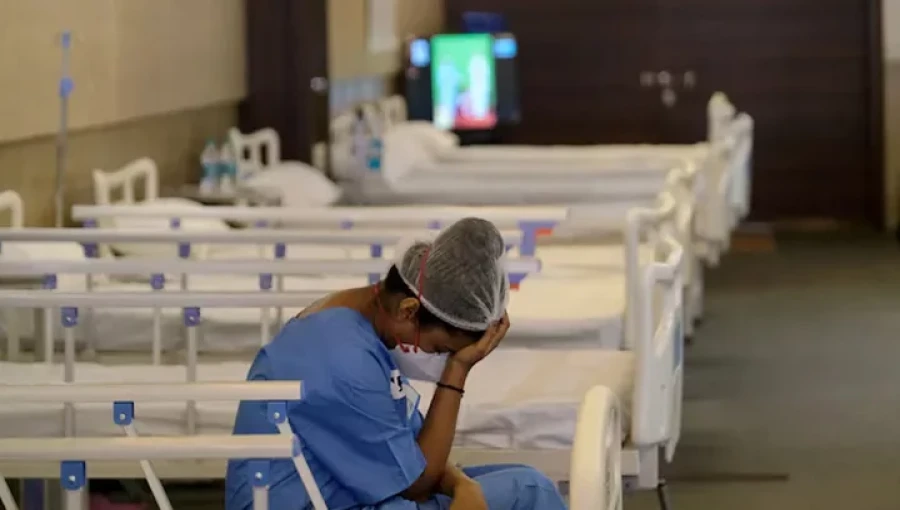

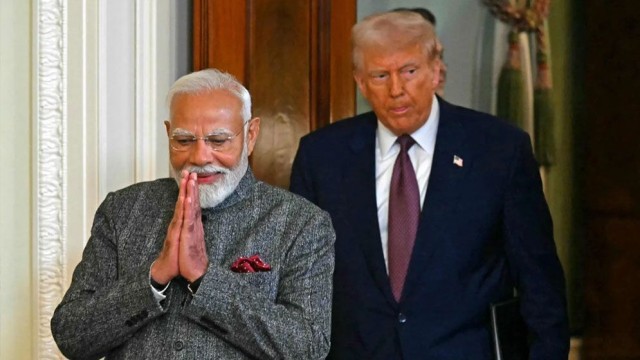
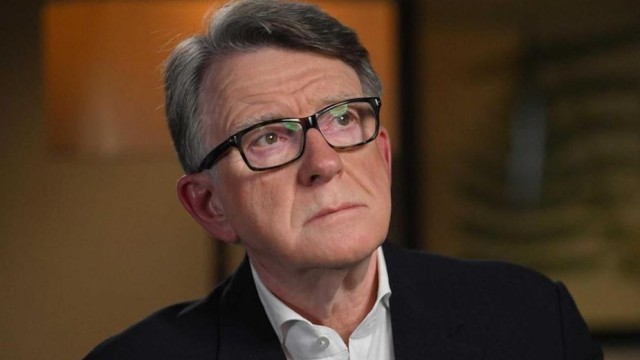

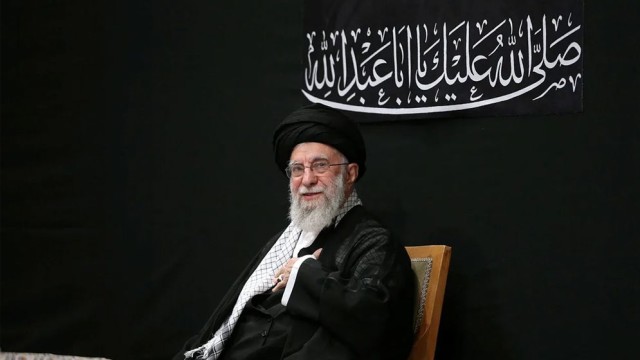
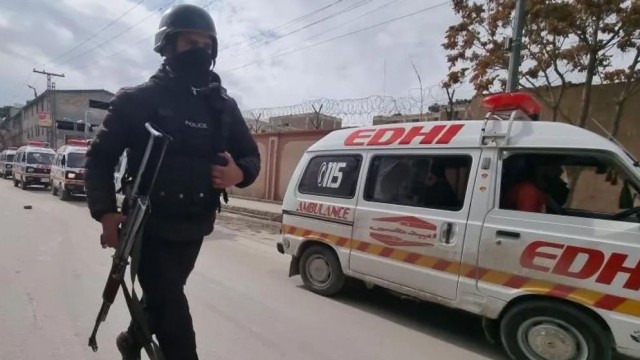
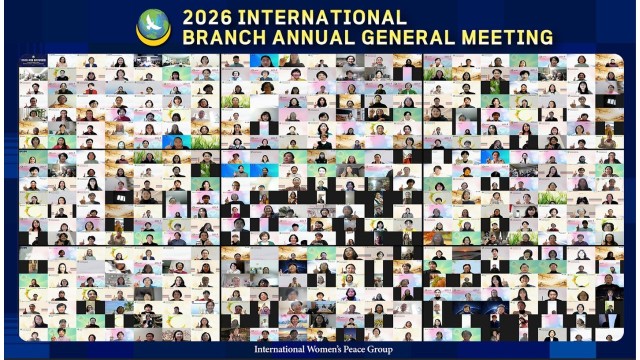
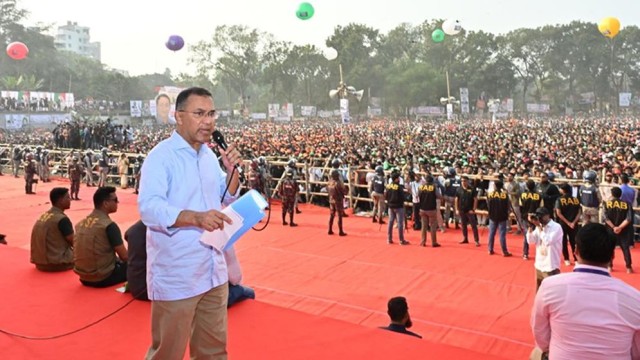
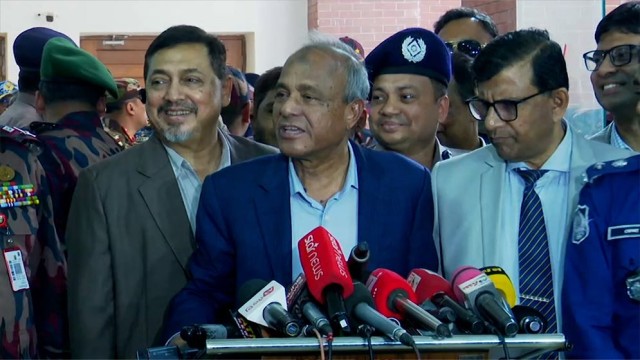
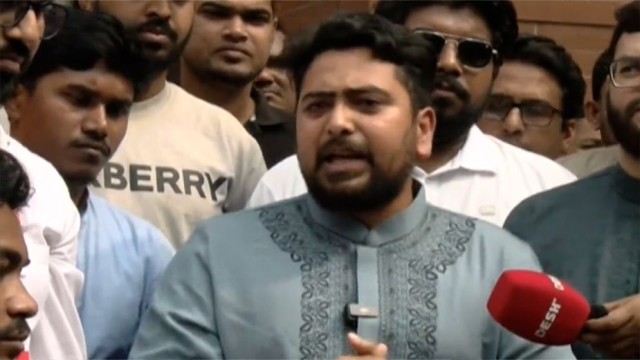
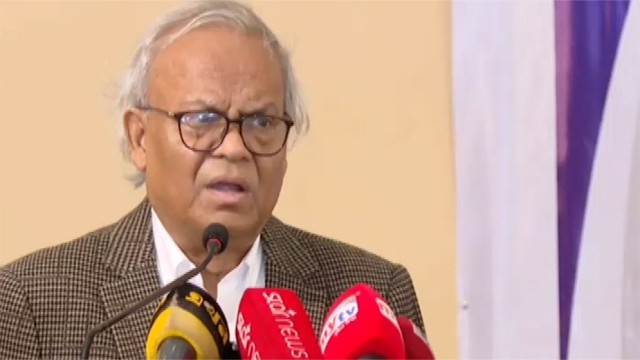
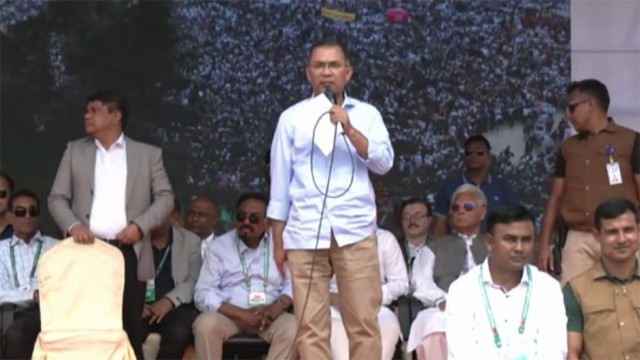
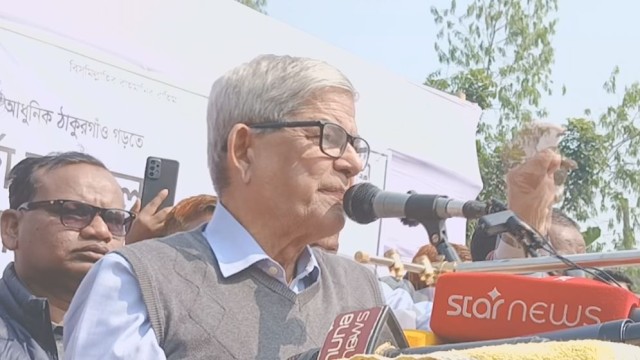
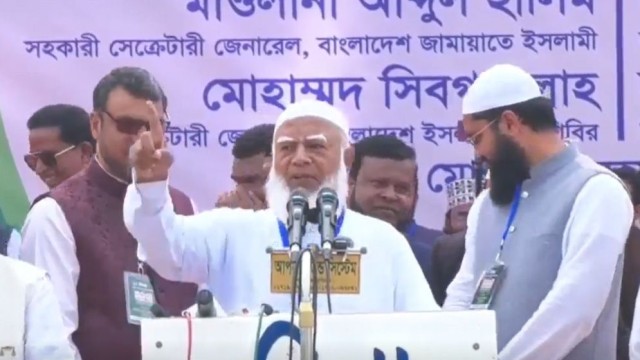
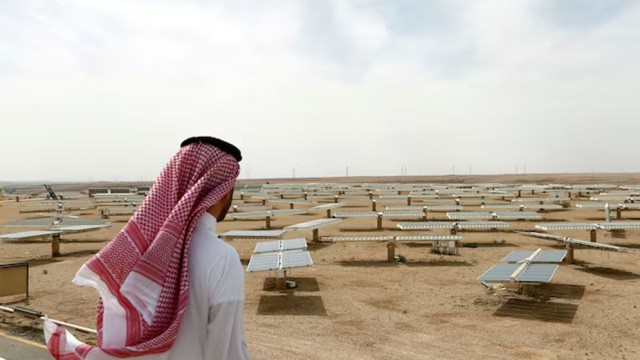
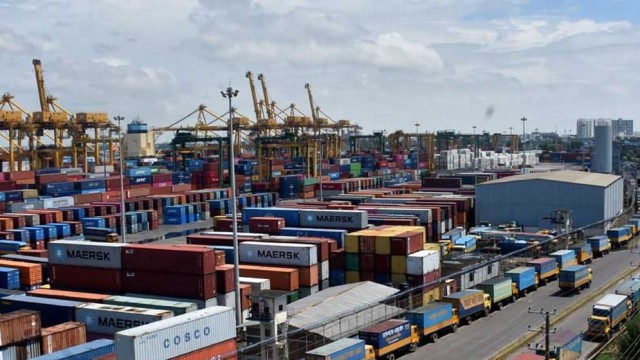











Comment: